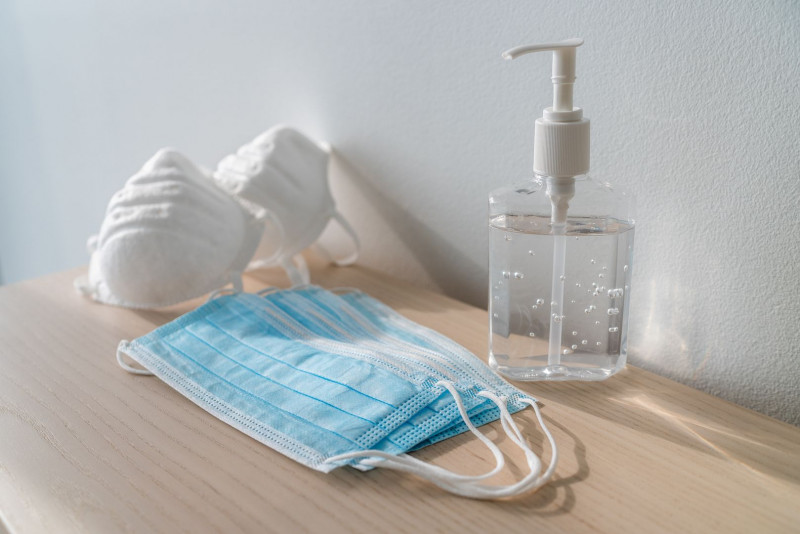I’m Cautiously Optimistic as COVID-19 Restrictions Ease in the UK
Written by |

Maridav/Shutterstock
COVID-19 restrictions are easing here in the U.K. Prime Minister Boris Johnson said we must “learn to live with this virus,” and he is lifting laws requiring masks and social distancing.
It feels like the first real step toward a life after the unanticipated pandemic, though I can’t help but reflect on 2020 and what it meant for me as someone with sickle cell disease.
When the pandemic hit and we were suddenly in lockdown, the whole world seemed to come to a grinding halt. Then it really hit home: Sickle cell was identified as a high-risk condition.
At first, I was impressed that sickle cell had been included. I received a text from the government instructing me to shelter at home. Finally, sickle cell was being invited to the party — just not the party you’d want to attend. Unfortunately, that’s where the enthusiasm ended.
Many believe the pandemic was poorly handled in the U.K., especially among the high-risk population. It felt like we were locked up and then forgotten about. I had to maintain distance from my own family as fear of catching the virus by accident mounted. It was a scary time. My anxiety levels increased as the paralyzing thought of having both COVID-19 and sickle cell reoccured in my mind.
As a sickle cell patient, I have regular checkups with my hematologist every three months, but they were all moved to telephone consultations due to the pandemic. I didn’t expect this change to affect me much since I hate going to the hospital, but it made me realize how important these appointments are. Being able to check my bloodwork, being told my vitamin D levels are low, and making sure everything is working properly have been a big part of my self-care.
Going to the hospital during a crisis has always been a last resort. Being told “only when necessary” simply meant I would manage my crises at home — until I couldn’t. I didn’t expect to be so concerned with not even having the option to go. What if I experienced a crisis I couldn’t manage? I would have to go to the hospital at the height of the pandemic!
The fear of going in and never coming back out gripped me. It’s good to be aware of your limitations, but thinking about them constantly for the sake of survival caused a mental strain.
Fast-forward to the present day, and we’re finally allowed outside. July 19 has been dubbed Freedom Day in the U.K., as many restrictions are easing now that the vaccination program is in full swing.
As an at-risk person, I was fully vaccinated during the early stages of the COVID-19 vaccine rollout. This has given me security and improved my well-being. I feel more protected, like I’m wearing a suit of armor. However, it doesn’t mean I can’t still contract the coronavirus.
With my new suit of armor, I have been able to slowly integrate back into society. But now, social interactions are so awkward — do we shake hands, hug, or wave?
Do I feel ready at this stage to go outside and act as if nothing has happened? No, not really. It gets a little easier every day, but it’s difficult to completely move past how the pandemic has impacted many aspects of my life. I selfishly hope that everyone can be vaccinated, because other people’s protection is directly correlated to my level of protection.
I am still careful about washing my hands and meeting new people, but I have hope that this is indeed just another chapter in our lives, and better things are yet to come.
***
Note: Sickle Cell Disease News is strictly a news and information website about the disease. It does not provide medical advice, diagnosis, or treatment. This content is not intended to be a substitute for professional medical advice, diagnosis, or treatment. Always seek the advice of your physician or other qualified health provider with any questions you may have regarding a medical condition. Never disregard professional medical advice or delay in seeking it because of something you have read on this website. The opinions expressed in this column are not those of Sickle Cell Disease News or its parent company, Bionews, and are intended to spark discussion about issues pertaining to sickle cell anemia.







Leave a comment
Fill in the required fields to post. Your email address will not be published.